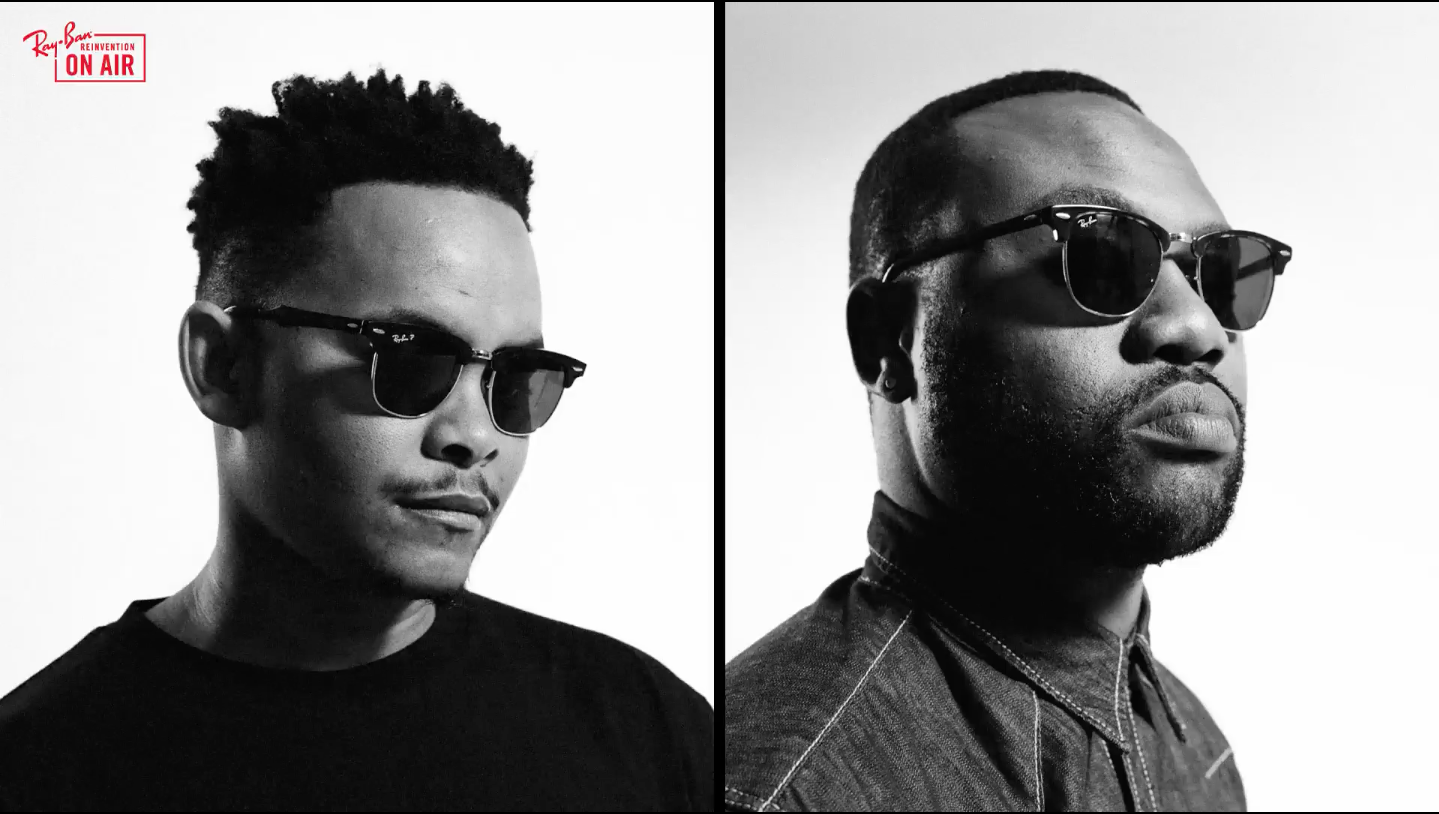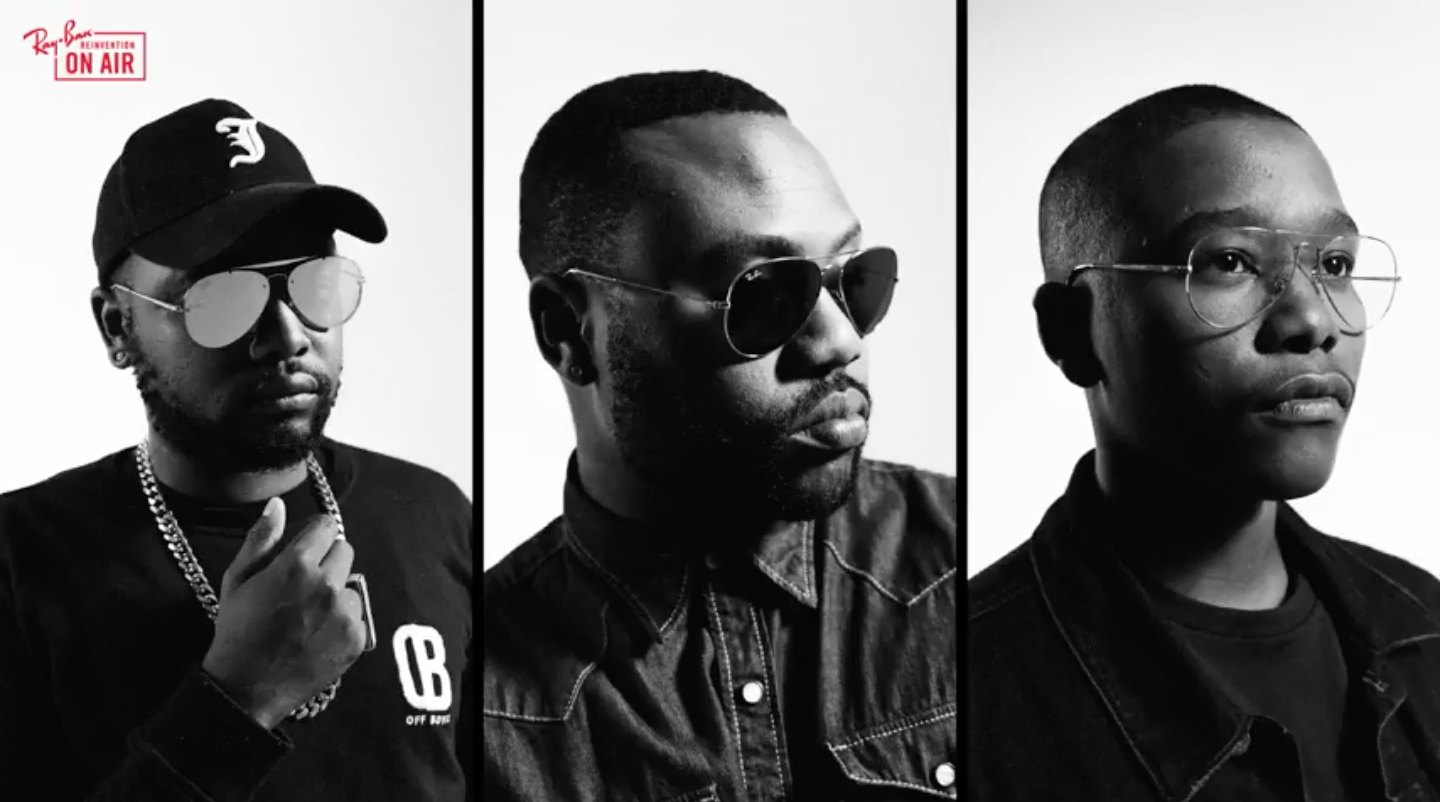Lately, I’ve been getting so tired of my own music. My friends and I came to the conclusion that TikTok, and all its slowed and reverb versions of mainstream (often good) songs that are used in viral trends, is the reason that new music doesn’t hit the same anymore. So, naturally, I’m always interested when I come across an underground artist that mimics mainstream music genres, but in some way, adds their own ‘character’ or ‘interpretation’ to the generic to create something that will stand out more- and it’s even better when it’s a South African artist!
In my pursuit of discovering new music, I came across a Twitter account owned by Thato Mashigo (Khenji) a Musician, Writer and Producer from Alexandra, Gauteng. He recently released his debut album “Notes”, a 12-track celebration, which he describes in an article as “a brief record of points or ideas written down as an aid to memory.”
More times than others, I think we fail to call out musicians for creating albums that sometimes fall short of manifesting clear purpose or intent. I find it so enlightening listening to an album that sounds like a clear lived experience of someone- and I think this is where this album wins and makes it a project worth listening to.

Along with the announcement of the album on X, Mashigo unironically shared a couple of key takeaways from the album; notes of what the album is made of, what it represents and how it should be received by listeners.
“Notes is more than a story, it’s my perspective of Life”- Khenji/@SolarKhenji
Along with the Khenji, the album was produced by Lucas Mathule, an Alexandra-based producer.
As much as I do appreciate a solo album, featured artists on a tracklist always take an already good project to the next level, and that’s what happened here. I can hear from songs such as Plenty and Too Long that this album evokes so many feelings about community and the essence of one’s upbringing. In terms of its production value and artistic appeal, the album is an impressive way of characterising Alexandra’s music scene.
There’s all those present elements for the album to qualify as an alternative R&B album, but there’s also so many elements that make it a perfect blend of R&B, Hip-Hop and Jazz- Oh and those beats of drums just enhance the overall vibrancy that the music in this album reflects.
While I will admit that prior to this, I had never listened to local musicians’ albums from front to back (without skips), this was really fun to listen to. The album stands as a type of homage to the rawness of youth, but within that rawness, Khenji’s use of lyrics implies faith in one’s present state and hopes for one’s future.
You know what I like about @SolarKhenji music? You can hear the fun in his music. I can tell broer was having the time of his life in the studio.
A tweet by @master_rxph
Quite excited to see how far this emerging South African artist goes!




